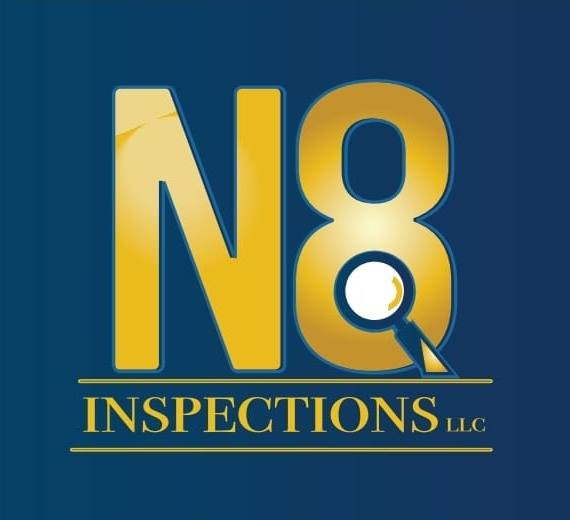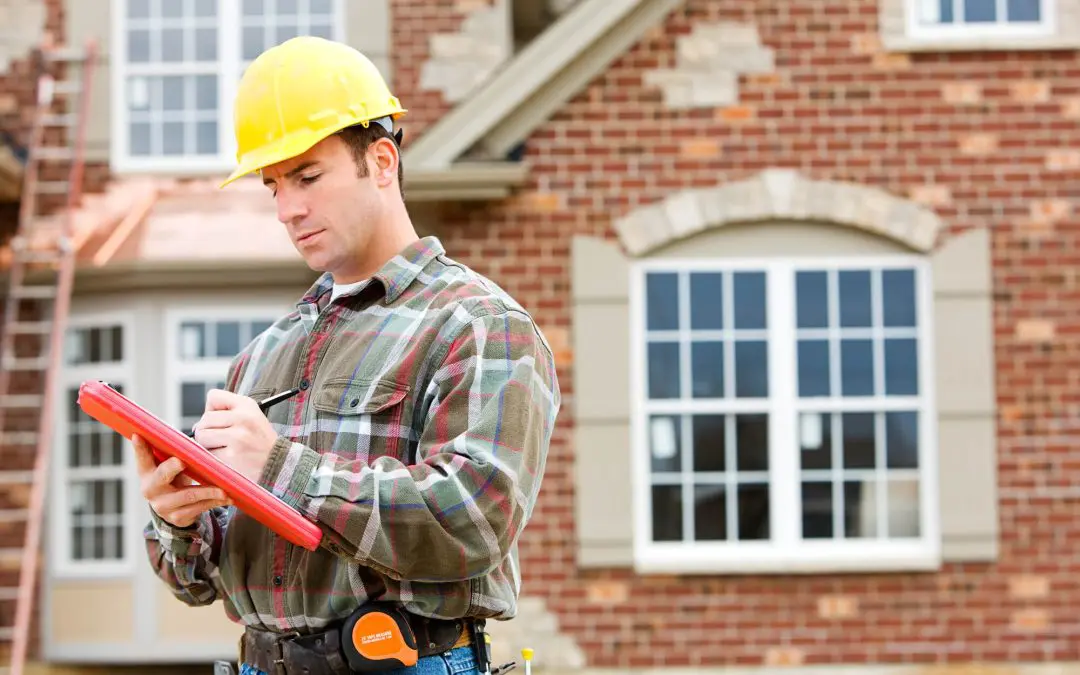A home inspection is one of the most critical steps in the home-buying process. It provides an in-depth look at the property’s condition, helping buyers make informed decisions about their purchase. While no house is perfect, even newly built ones, home inspections can reveal various issues that, if left unaddressed, could lead to expensive repairs. Here’s an overview of the most common issues found during home inspections and what they mean for prospective buyers.
Structural Issue Found During Home Inspections
Structural issues are some of the most serious concerns that can be uncovered during a home inspection. Inspectors often look for signs of foundation problems, such as cracks in the walls or uneven floors, which could indicate shifting or settling of the house. They also check for water damage or rotting in areas like basements and crawl spaces, weakening the home’s overall structure.
If a home inspection reveals significant structural damage, this could lead to extensive repairs. Buyers may want to consult with a structural engineer for a detailed analysis and cost estimate before deciding how to proceed. These issues can be deal-breakers for some buyers, especially if the cost of repairs outweighs the property’s benefits.
Roof Damage
The roof is a vital component of any home, and inspectors often find issues with it. Common roof problems include missing or damaged shingles, leaks, and poor drainage, which can lead to water damage inside the home. Older roofs, especially those nearing the end of their life expectancy, may also need replacement, a significant expense that buyers should be aware of.
Roof repairs or replacements should not be overlooked. While some minor issues can be fixed relatively easily, extensive damage or a roof that’s past its prime could lead to bigger problems, such as interior water damage or mold growth.
Electrical System Faults
Outdated or faulty electrical systems are frequently found during home inspections, especially in older homes. Inspectors may encounter problems such as insufficient electrical capacity, exposed wiring, or outdated panels that do not meet current safety standards. If not addressed, these issues can present serious fire hazards.
If an inspector identifies electrical problems, it’s crucial to have them evaluated by a licensed electrician. Upgrading an old electrical system can be expensive, but it’s an investment in the home’s safety. Buyers should consider negotiating with the seller to complete these repairs before closing or requesting a price reduction to cover the cost.
Issues Found During Home Inspections Include Water Damage and Mold
Water damage is a red flag for inspectors and homebuyers alike. It can lead to a variety of problems, including rot, mold growth, and structural damage. Inspectors will check for signs of water intrusion, especially in basements, attics, and around windows and doors. They will also look for mold or mildew, which can pose health risks if left unchecked.
If mold is found, it’s essential to determine the source of moisture and address it promptly. Depending on the extent of the damage, mold remediation can be costly, and it may also require specialized cleaning to make the home safe for occupants.
Having a thorough understanding of the issues found during a home inspection allows buyers to make informed decisions and negotiate with sellers for repairs or price adjustments. Ultimately, a home inspection lets you know the property is in good condition before making a significant investment.
N8 Inspections offers professional home inspection services in Baltimore, Maryland, and surrounding areas. Contact us to schedule an inspection.

